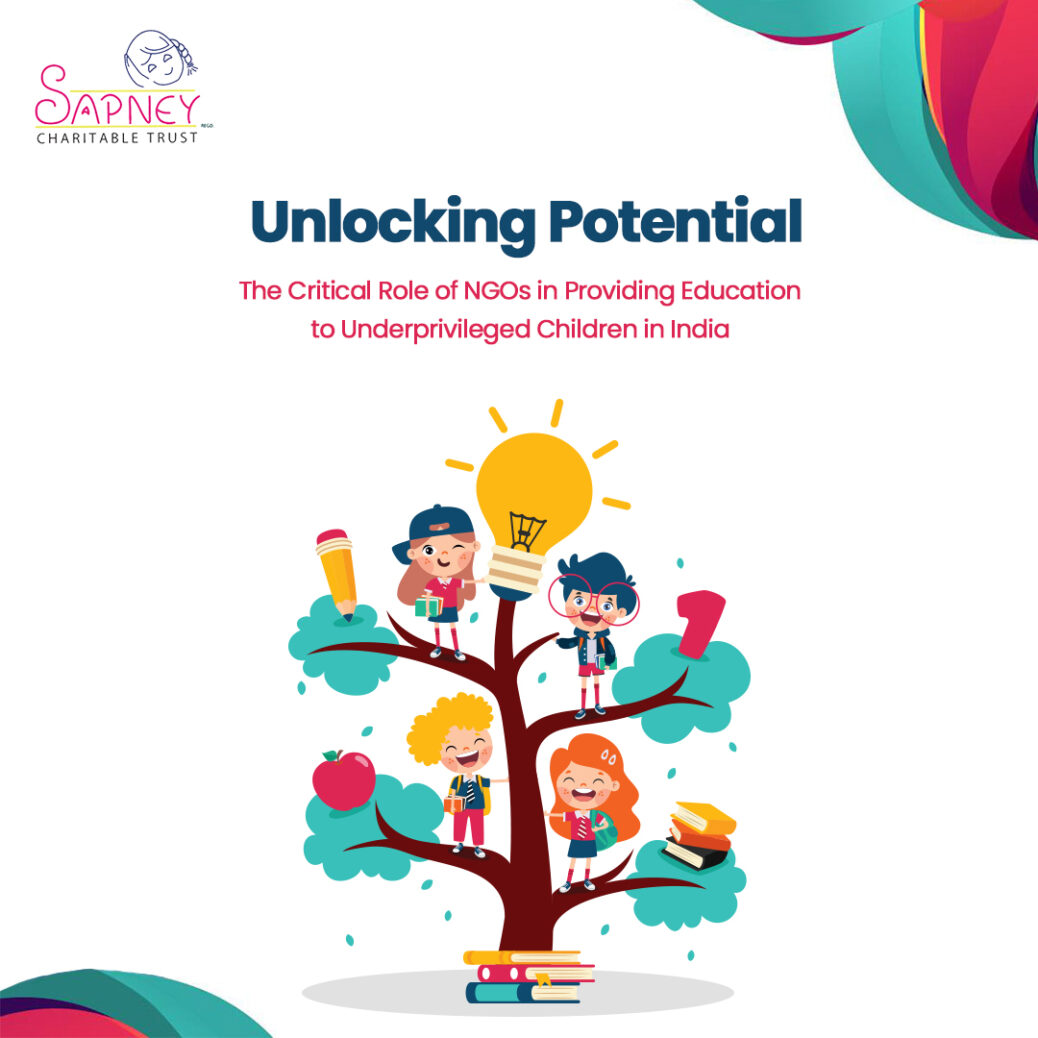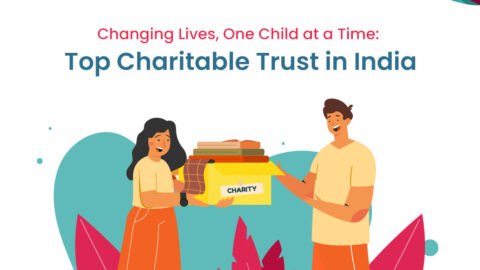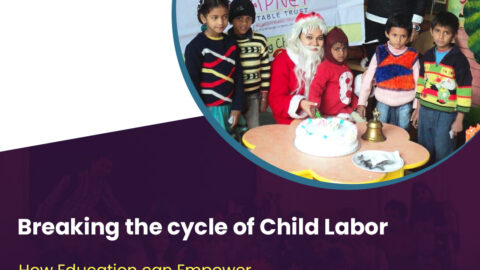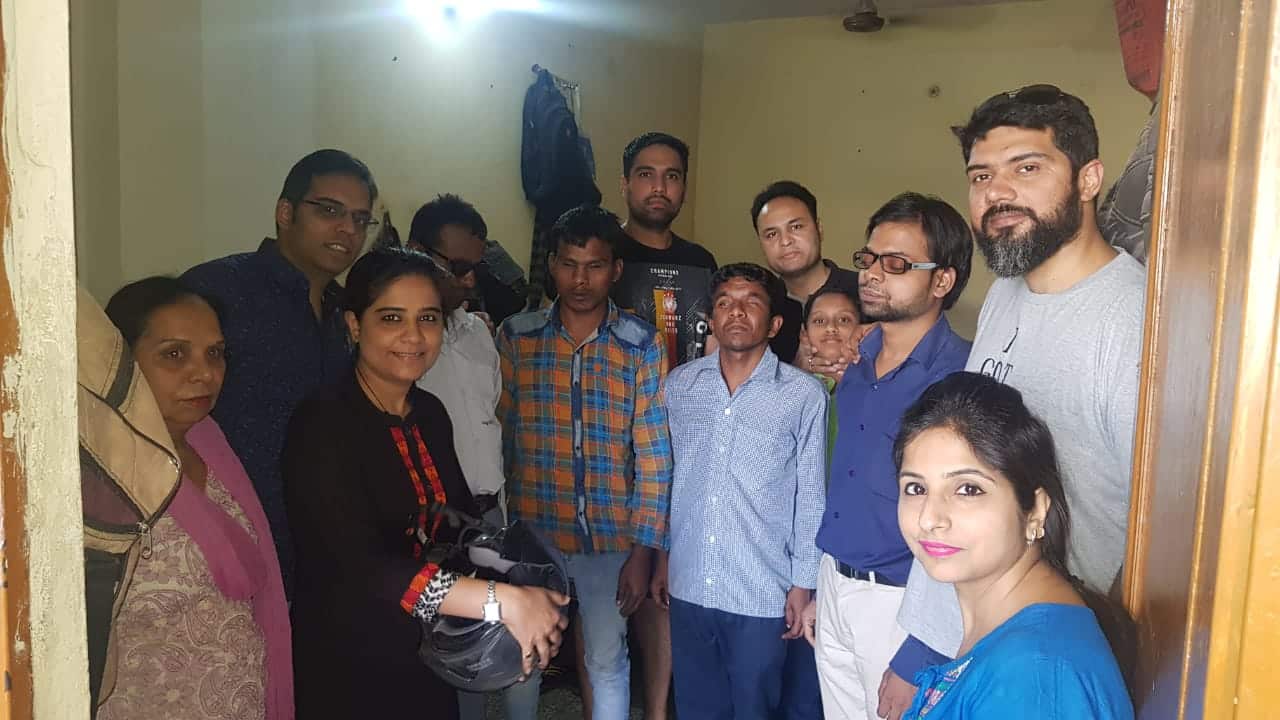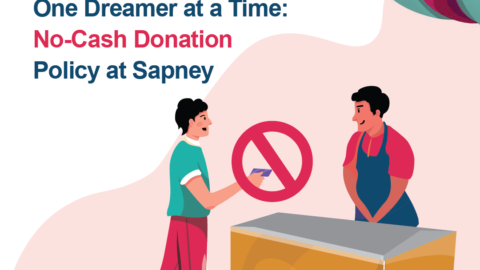
India has made significant strides in improving education over the past few decades. However, despite these efforts, many children in India still do not have access to quality education. According to UNESCO, India has the largest population of illiterate adults in the world, and nearly a quarter of its population is unable to read and write.
This is particularly true for unprivileged children who come from low-income families, marginalized communities, and remote areas. NGOs have played a crucial role in addressing this problem by providing access to education for unprivileged children in India.
NGOs and Education in India
NGOs in India have been working towards providing access to education for unprivileged children for several decades. They have implemented various educational interventions, such as school construction, teacher training, scholarship programs, and community-based education.
School Construction
One of the significant interventions undertaken by NGOs in India is the construction of schools in areas where there are no schools or where the existing schools are inadequate. NGOs have built schools in remote, rural areas where transportation to schools is a problem. By constructing schools, NGOs have provided children with access to quality education and created a safe learning environment.
Teacher Training
NGOs in India have also been providing training for teachers, especially those in rural areas, to improve the quality of education they provide. These training programs include workshops, seminars, and mentoring programs to help teachers improve their teaching methods, classroom management, and assessment techniques.
Scholarship Programs
NGOs in India have also been providing scholarships to children who cannot afford to go to school. These scholarships cover the cost of tuition, books, uniforms, and other school-related expenses. By providing scholarships, NGOs have enabled children to access quality education and break the cycle of poverty.
Community-Based Education
NGOs in India have also been providing community-based education programs that take education to the children instead of waiting for them to come to school. These programs include mobile libraries, after-school programs, and literacy camps. By providing education in the community, NGOs have reached out to children who are not attending school and helped them develop basic literacy and numeracy skills.
Advocacy for Education
NGOs in India have also been crucial in advocating for policies and programs that promote education for unprivileged children. They have been lobbying the government to increase their budgetary allocations for education, advocating for free education, and working towards eliminating gender and social barriers that prevent children from accessing education.
Partnerships for Education
NGOs in India have also been partnering with other organizations, such as government agencies, other NGOs, and community-based organizations, to leverage resources and maximize impact. By collaborating with other organizations, NGOs have created a coordinated approach to education and achieved a greater impact.
Challenges Faced by NGOs in India
Despite their efforts, NGOs in India face several challenges in providing education to unprivileged children. These challenges include inadequate funding, infrastructure, cultural barriers, and government support.
Inadequate Funding
Many NGOs in India struggle to secure funding for their education programs. They rely on donations from individuals and organizations, which may not always be sufficient to sustain their programs in the long run.
Lack of Infrastructure
Many schools in India lack basic infrastructure such as classrooms, furniture, and sanitation facilities. NGOs face challenges in building or renovating new schools due to inadequate funding, bureaucratic red tape, and lack of government support.
Cultural Barriers
Some communities in India have deeply ingrained cultural beliefs that prevent girls from accessing education. NGOs must work with community leaders and families to break down these barriers and promote education for all children.
Conclusion
The role of NGOs in educating unprivileged children in India is essential. NGOs have played a vital role in providing access to quality education, improving the quality of education, and advocating for policies that promote education for all.
Through partnerships and collaborations, NGOs have maximized their impact and achieved greater success in educating unprivileged children in India. It is, therefore, essential to support and recognize the critical role played by NGOs in promoting education for unprivileged children in India.

